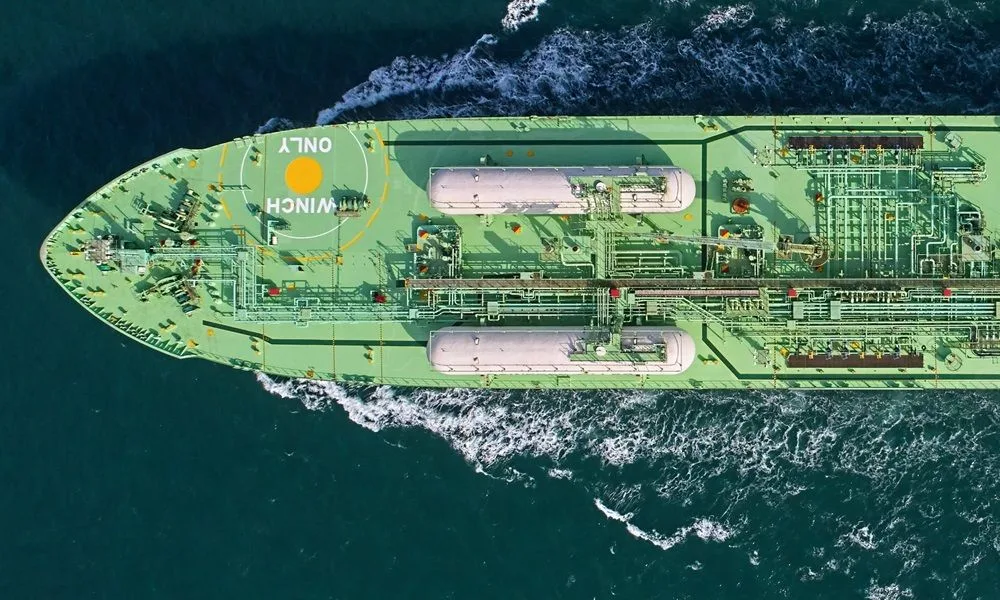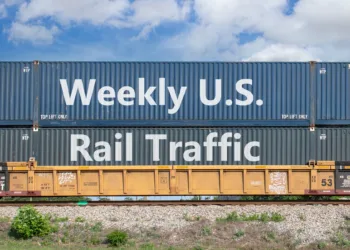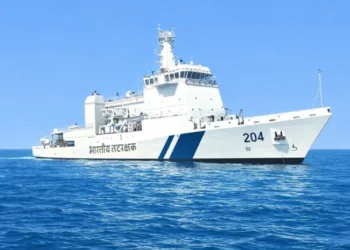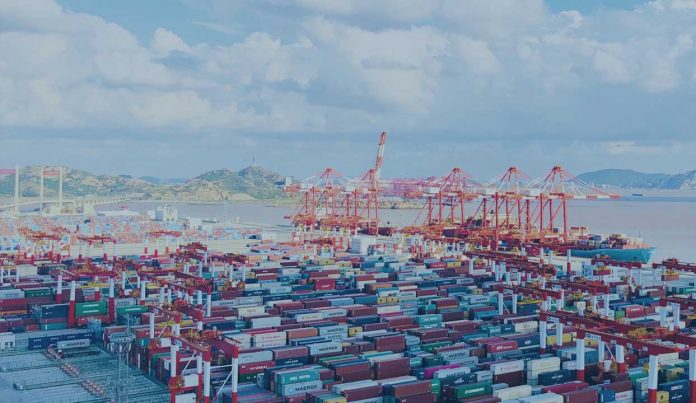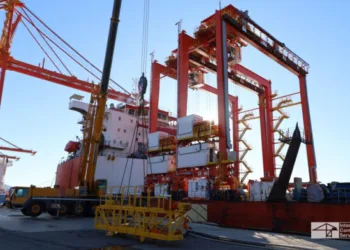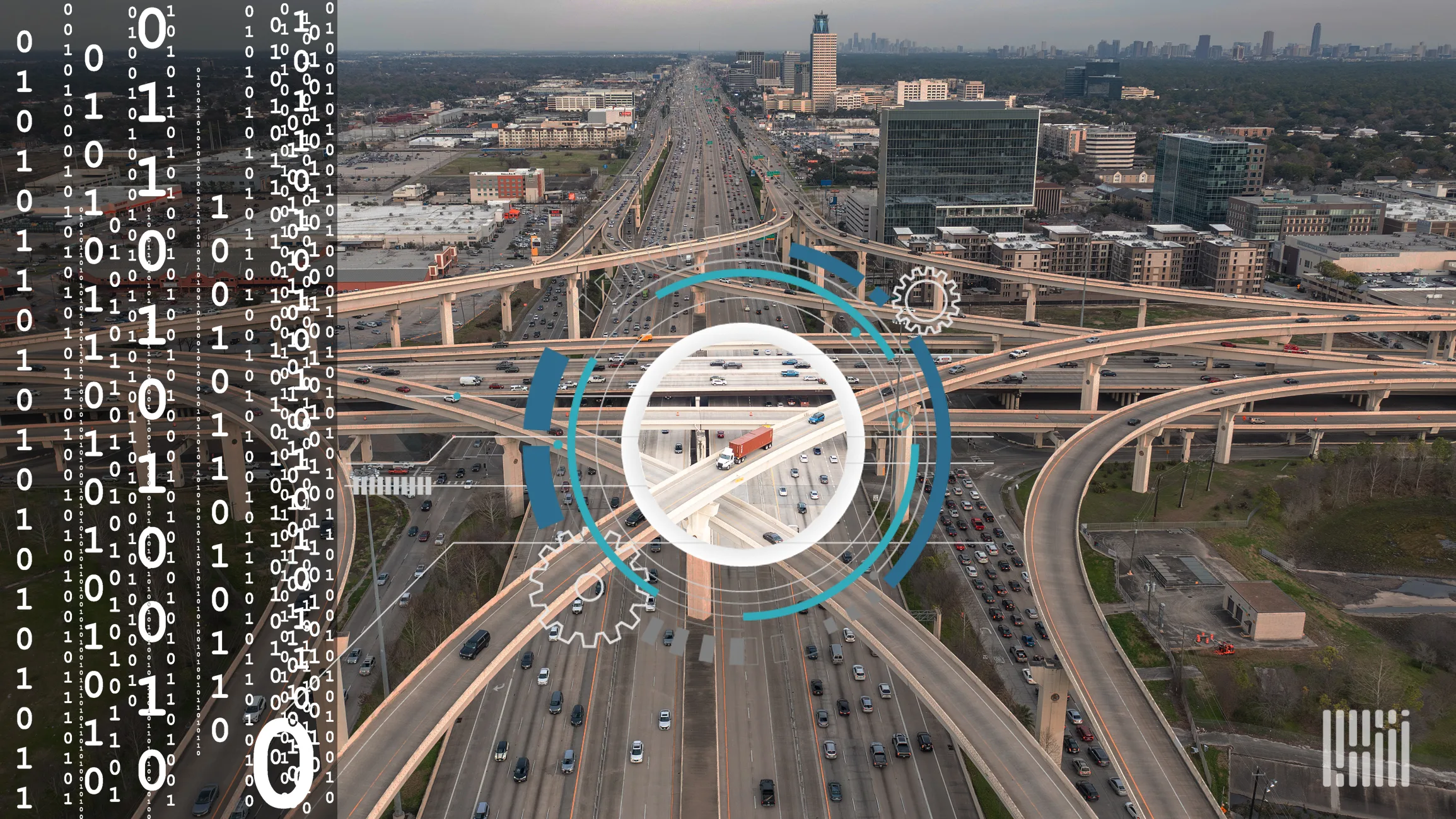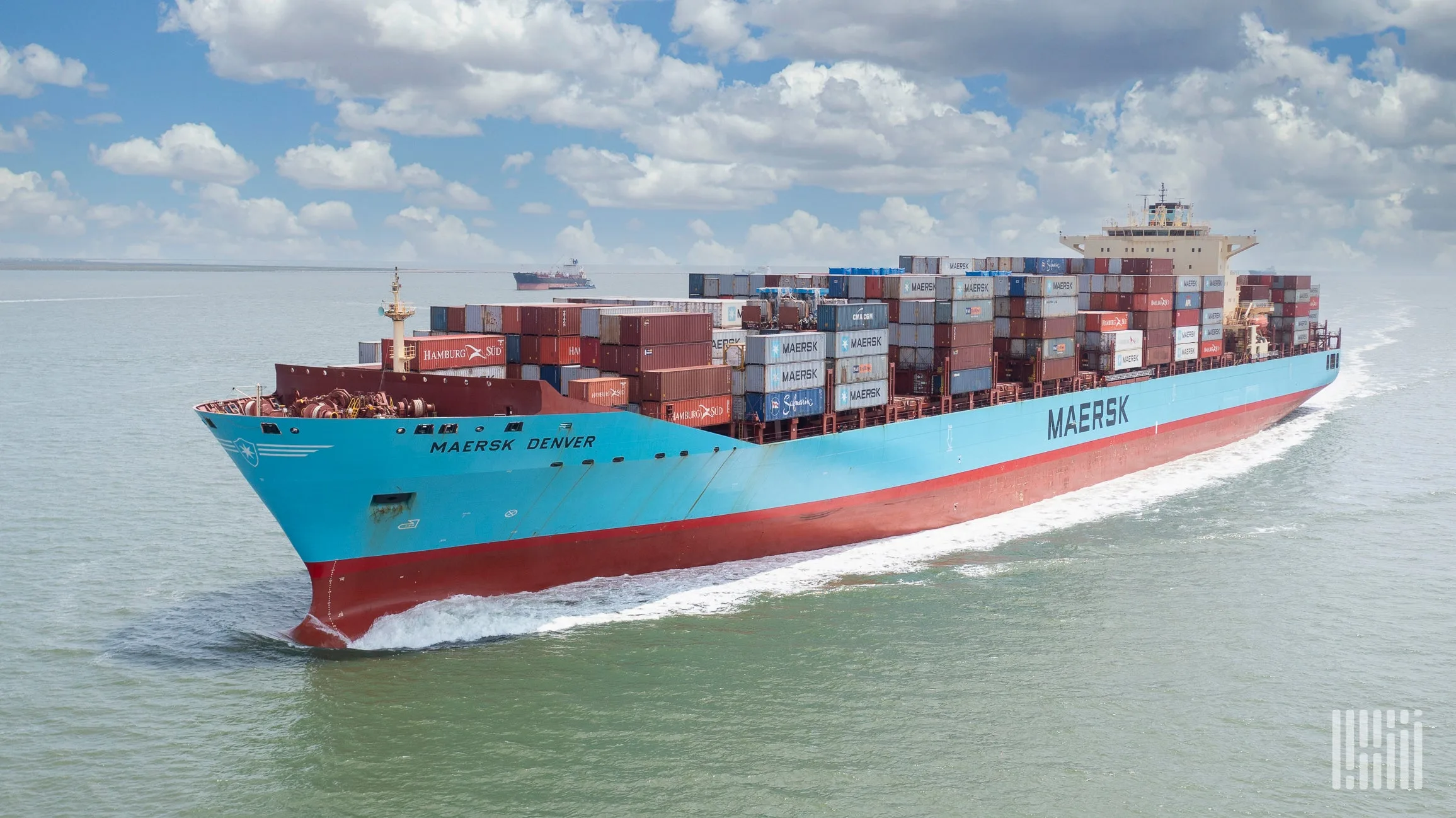Few in global shipping matched Dr Helmut Sohmen’s mix of intellect, caution, and commercial courage. As markets hum and new bubbles form, his advice to hoard cash and expect the unexpected feels freshly urgent, writes Andrew Craig-Bennett.
Dr Helmut Sohmen has died, full of esteem and honours, having inherited an empire, expanded it, and passed it on in good order, which are not easy things to do.
He once remarked that the revolution in shipbuilding had caused a permanent oversupply of ships. Setting up the first modern shipyard in a country is hard (been there, done that thing, got the tshirt!) but setting up the 15th is easy. We all know now that shipyards can be called into existence anywhere and if the place chosen can obtain components and steel plate at reasonable cost then a competitive shipyard can be created. This is a permanent change in the shipowning business.
We are used to the idea that banks are stress tested to assess their ability to withstand financial shocks. Living, as we are, in interesting times politically and economically, and knowing as we do that financial shocks lead instantly to shipping shocks, would it be a wise idea for shipping companies to stress test themselves?
Invest now, and make the most of the boom, or keep a cash pile for a rainy day, and for the opportunities that come with a rainy day for those who do have cash? We all know that the real big wins are made by companies that have cash to spend on ships as the bottom of a recession comes to an end. Everyone wants to be the last man standing. Being that man is very hard, and going too soon eats up working capital faster than anyone cares to think about – that’s the part that people forget.
There is no right answer for the directors of a shipowning company, but it is a pity for a shipowner, dependent as shipowners are on information discontinuities and alert to them, to be overwhelmed by the unforeseen.
Examples from the strange death of British shipping come to mind; there were the tramp owners in the 1940s who collected their pay outs for their war losses, looked at the numbers of Liberties, Victories and T2s around and at the rush to order new from the shipyards, and decided to wait until shipyard prices came down before ordering.
That was the first time when owners would buy an engine and then look for a shipyard – something that happened again more recently. Prices never did come down and some owners gave up, quietly, and never returned to shipowning. They missed the bus.
At present, large containerlines are often looking to buy ships that they have on time charter, or even ships that other companies have on time charter and are thinking of buying, and the boxboat charter market is looking remarkably unlike spot container rates. The underlying assumption, in containers, in dry bulk and in tankers, is that trade wars may be bad for gross domestic product, but they are not necessarily bad for ton miles.
Keeping in mind that shipping shocks are often triggered by financial shocks, is it a good plan to look around outside our industry and see what horrors may be lurking in the undergrowth of the financial world? Shipping had nothing to do with the subprime mortgage market in the US, but when that bubble burst in 2008, it certainly hurt us.
The obvious candidate for something, unconnected with shipping, that might trigger a financial smash is the AI bubble. This refers to the way in which chip makers are financing the purchase of their own products, creating a money-go-round, while there does not seem to be a real use for much of the artificial intelligence that is being produced. Helping students to cheat at essays won’t really finance a chip fab.
“A Company for a Great Purpose, but No-One to know what it is” was a genuine company prospectus launched during the South Sea Bubble of 1720 in the London stock market. What were all those tulips for in 1627?
Yes, this all looks like the dot-com bubble of 2001, which popped three years before our industry’s first really big boom, but the tech business itself was much smaller then. The damage was less.
While we all enjoy freight rates and charter rates floating on port fees, tariffs and the Houthis, is there something that we ought to be looking at? How well placed are we to handle a sudden event that crashes freight demand?
In one way, we are looking good – there are a lot of older ships still trading but paid for years ago, with book values far below their current market values. There are lots of companies with not much debt. And yard prices are once again high, though I am not hearing of people buying engines and then looking for shipyards.
Elderly greybeards, such as I, remember just how fast cash can drain away.



